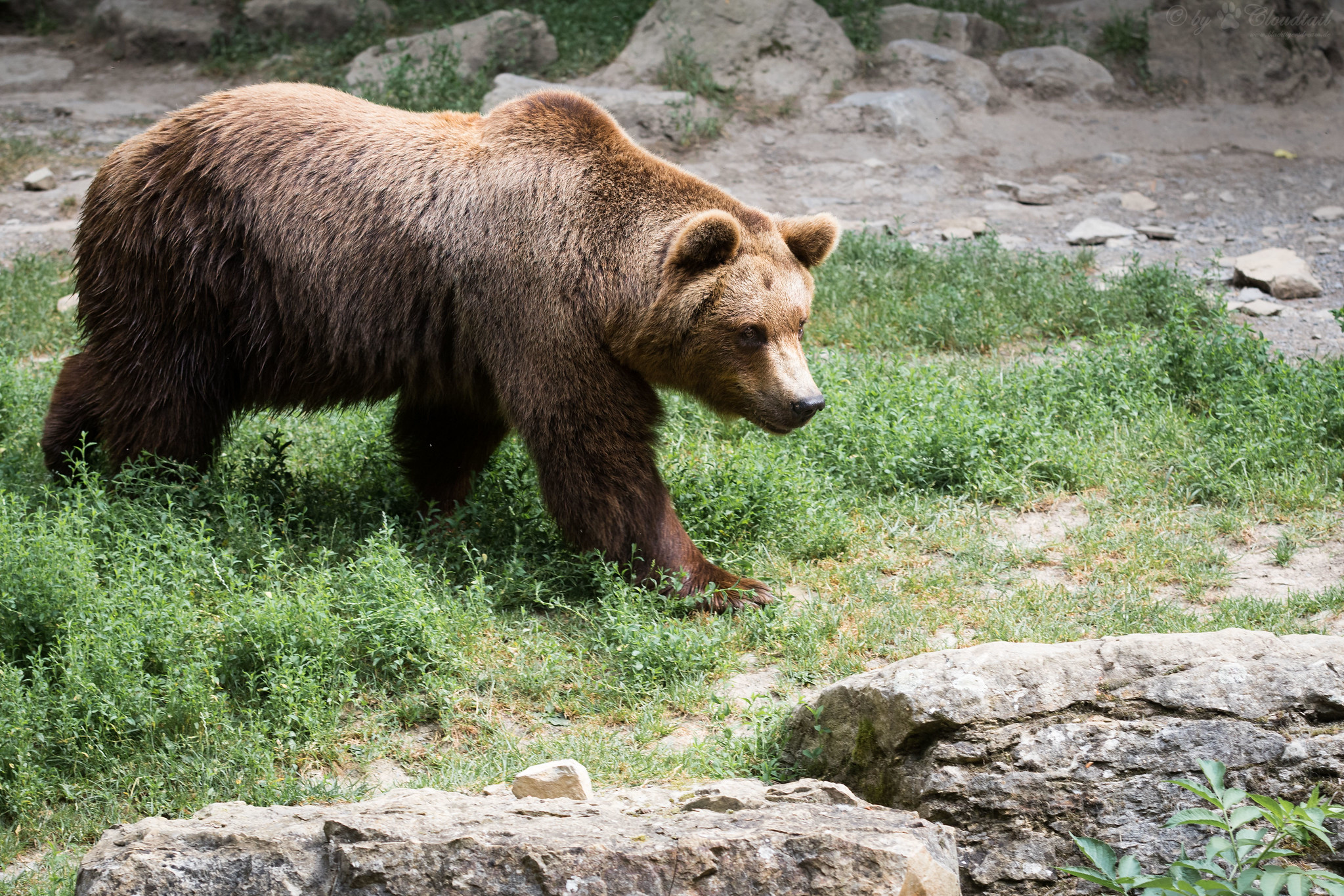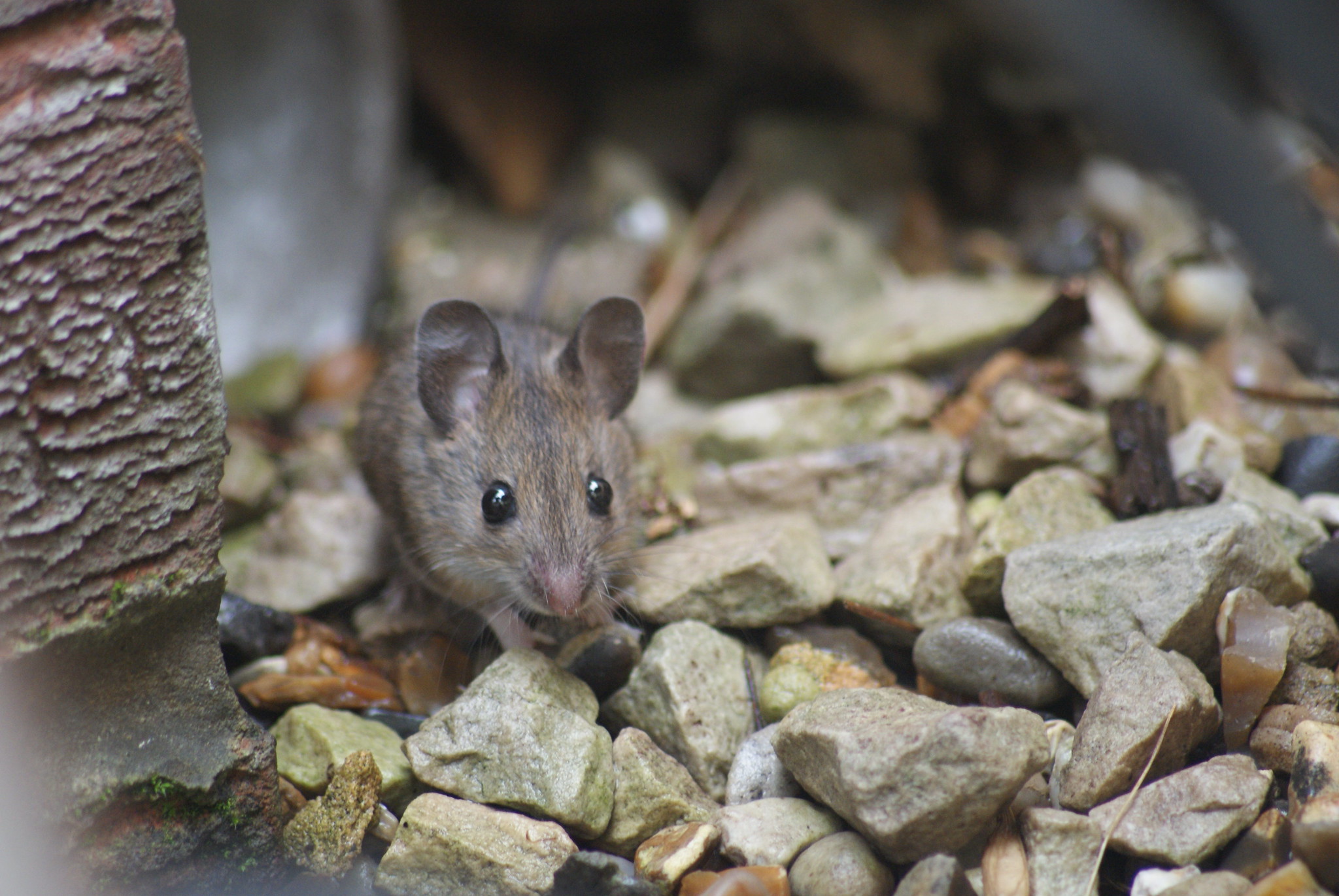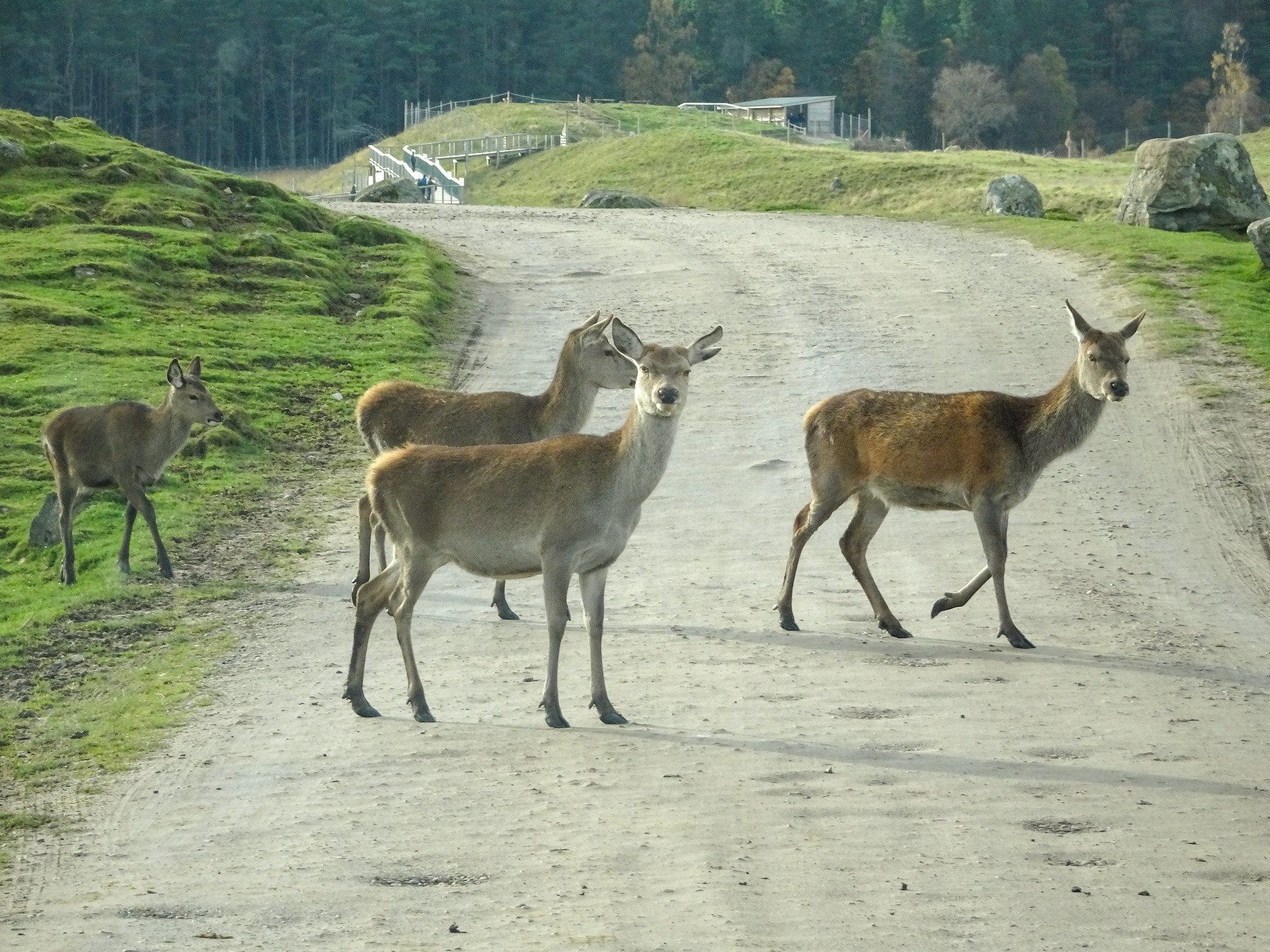 The Guardian reports on two stories about the changes we’re seeing to wildlife as a result of Covid-19 lockdown. Check out at least one of these stories if only to see the unusual, but beautiful sight in their photo of a herd of fallow deer graze on the lawns of a housing estate in east London (sorry FNW don’t have permissions to copy it here).
The Guardian reports on two stories about the changes we’re seeing to wildlife as a result of Covid-19 lockdown. Check out at least one of these stories if only to see the unusual, but beautiful sight in their photo of a herd of fallow deer graze on the lawns of a housing estate in east London (sorry FNW don’t have permissions to copy it here).
The first reports deer roam city streets and hedgehogs can safely cross roads… but a radical policy shift is needed to protect wildlife in future, say campaigners. Britain’s wildlife may be thriving during the current lockdown but its long-term future is looking bleak, according to leading conservation organisations. Nikki Williams, head of campaigns at the Wildlife Trusts, said: “The current crisis means nature is losing out, because many organisations are having to scale back important work caring for special places, which they usually do with the vital help of thousands of volunteers.”
The other reports empty streets and skies let the birds be heard and leave animals free to roam as well as allowing scientists to examine how humans change urban biodiversity.
Red deer on a road, photo by Dunnock_D under creative commons.
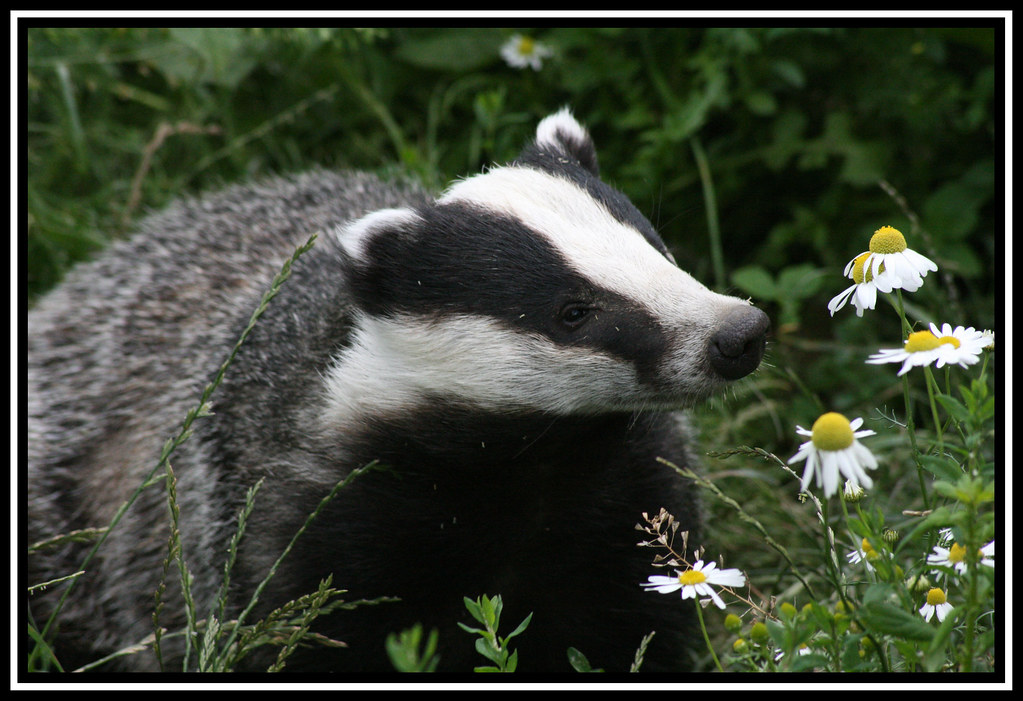 INEWS reports badger culling could be “phased out” across England and Wales if trials for a new cattle vaccination process against TB, which start next year, prove successful. More than 30,000 cattle are slaughtered each year to prevent the spread of bovine tuberculosis, at a cost of £100m to the taxpayer.
INEWS reports badger culling could be “phased out” across England and Wales if trials for a new cattle vaccination process against TB, which start next year, prove successful. More than 30,000 cattle are slaughtered each year to prevent the spread of bovine tuberculosis, at a cost of £100m to the taxpayer. 
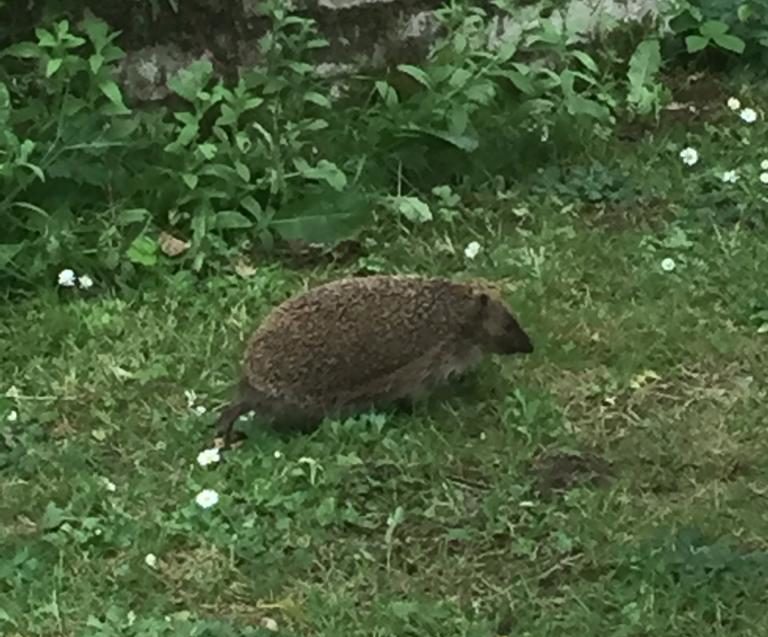
 The Guardian reports on two stories about the changes we’re seeing to wildlife as a result of Covid-19 lockdown. Check out at least one of these stories if only to see the unusual, but beautiful sight in their photo of a herd of fallow deer graze on the lawns of a housing estate in east London (sorry FNW don’t have permissions to copy it here).
The Guardian reports on two stories about the changes we’re seeing to wildlife as a result of Covid-19 lockdown. Check out at least one of these stories if only to see the unusual, but beautiful sight in their photo of a herd of fallow deer graze on the lawns of a housing estate in east London (sorry FNW don’t have permissions to copy it here). 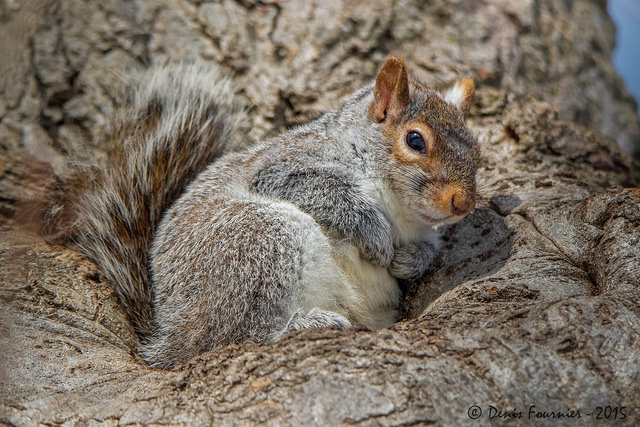 The
The 